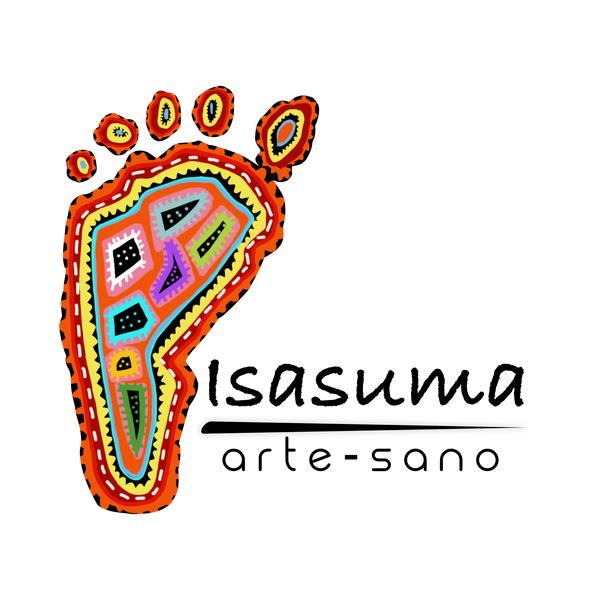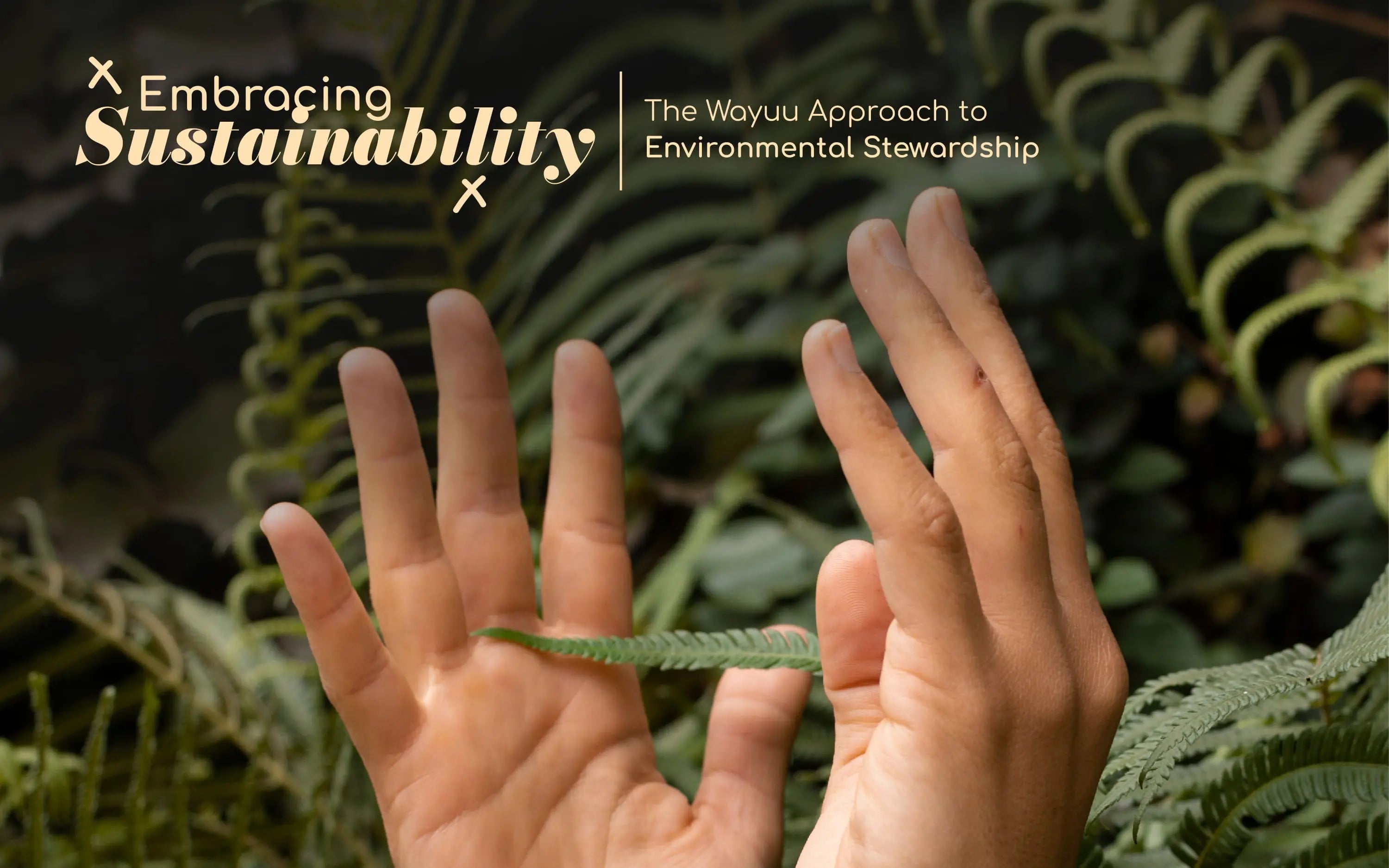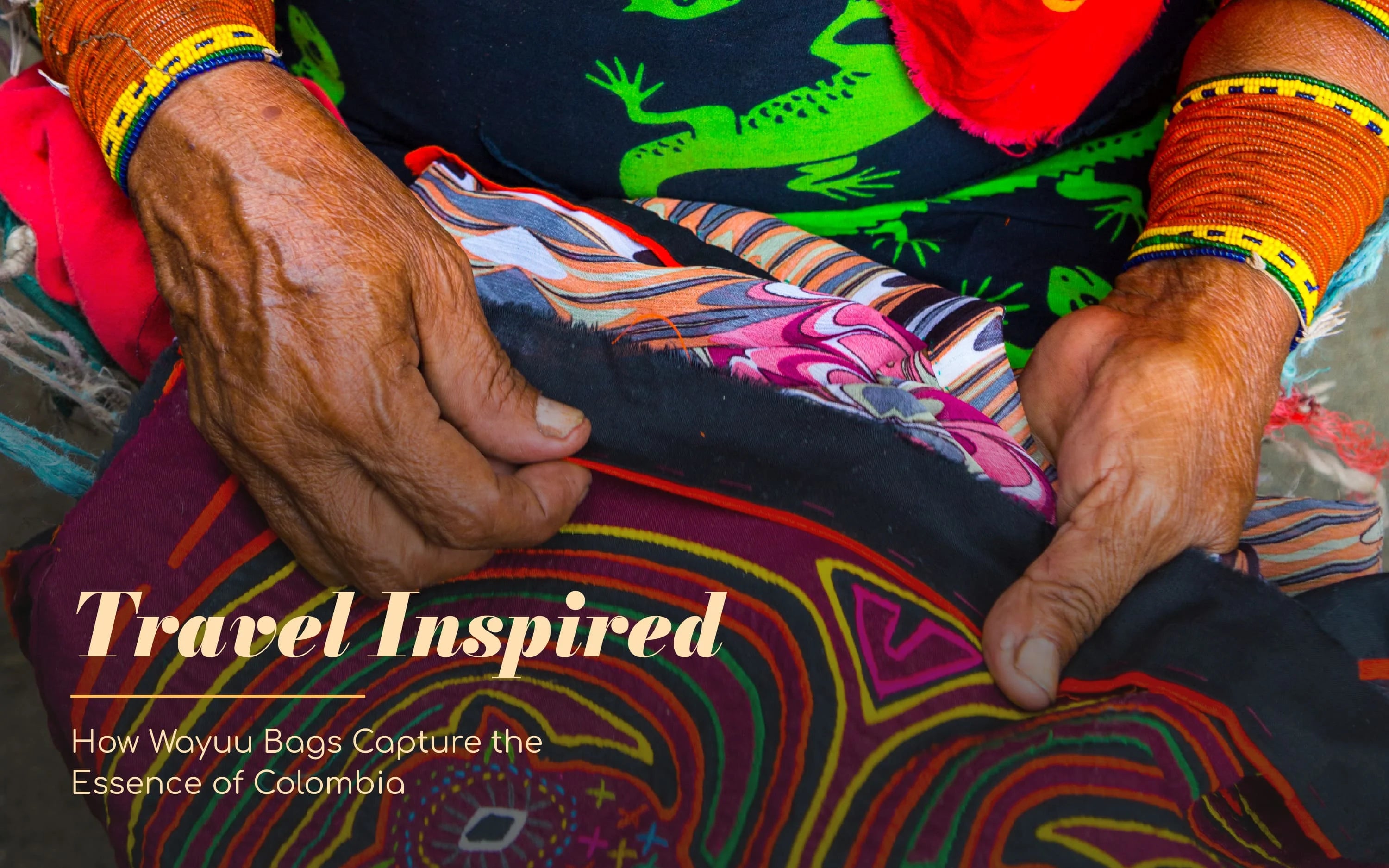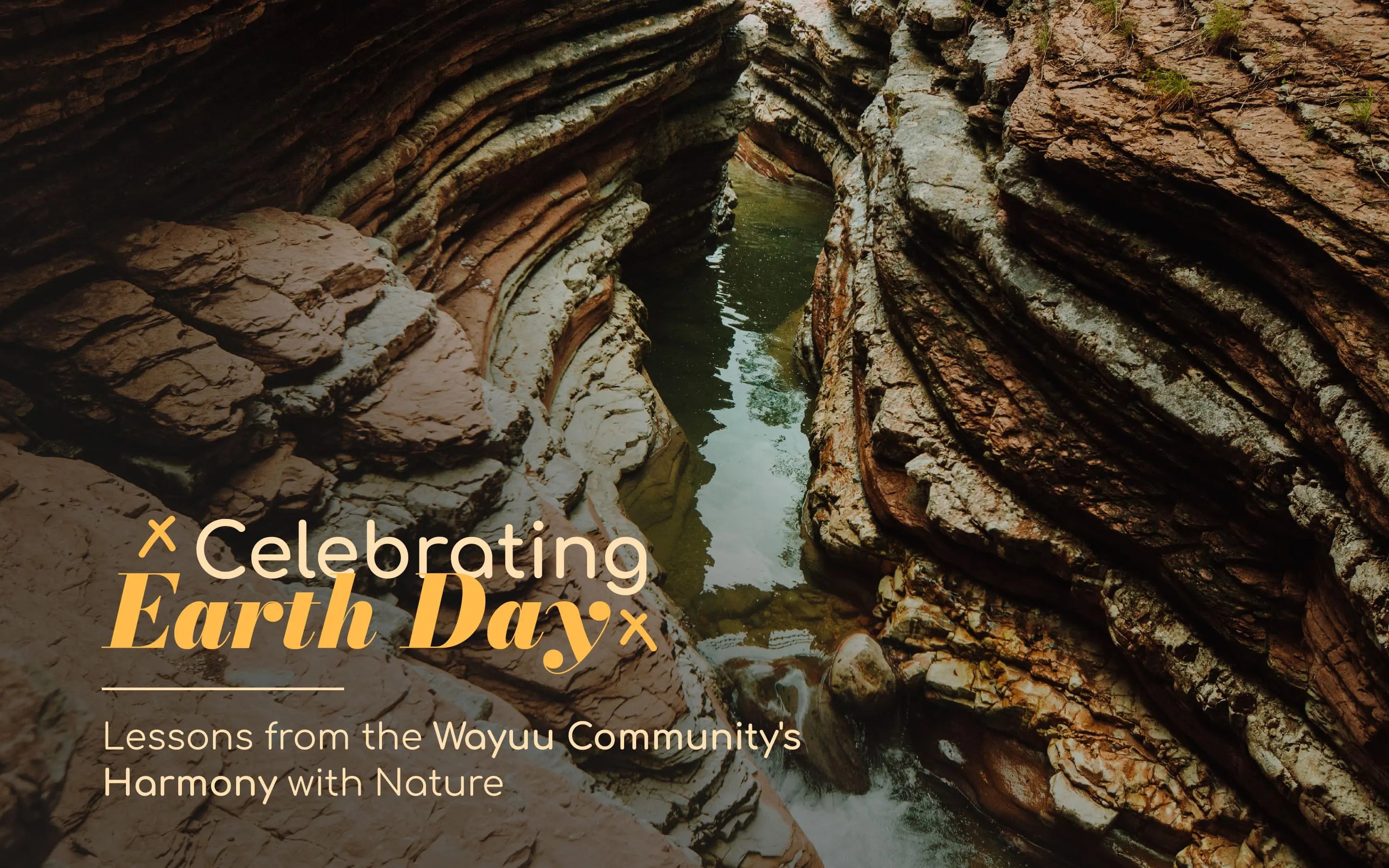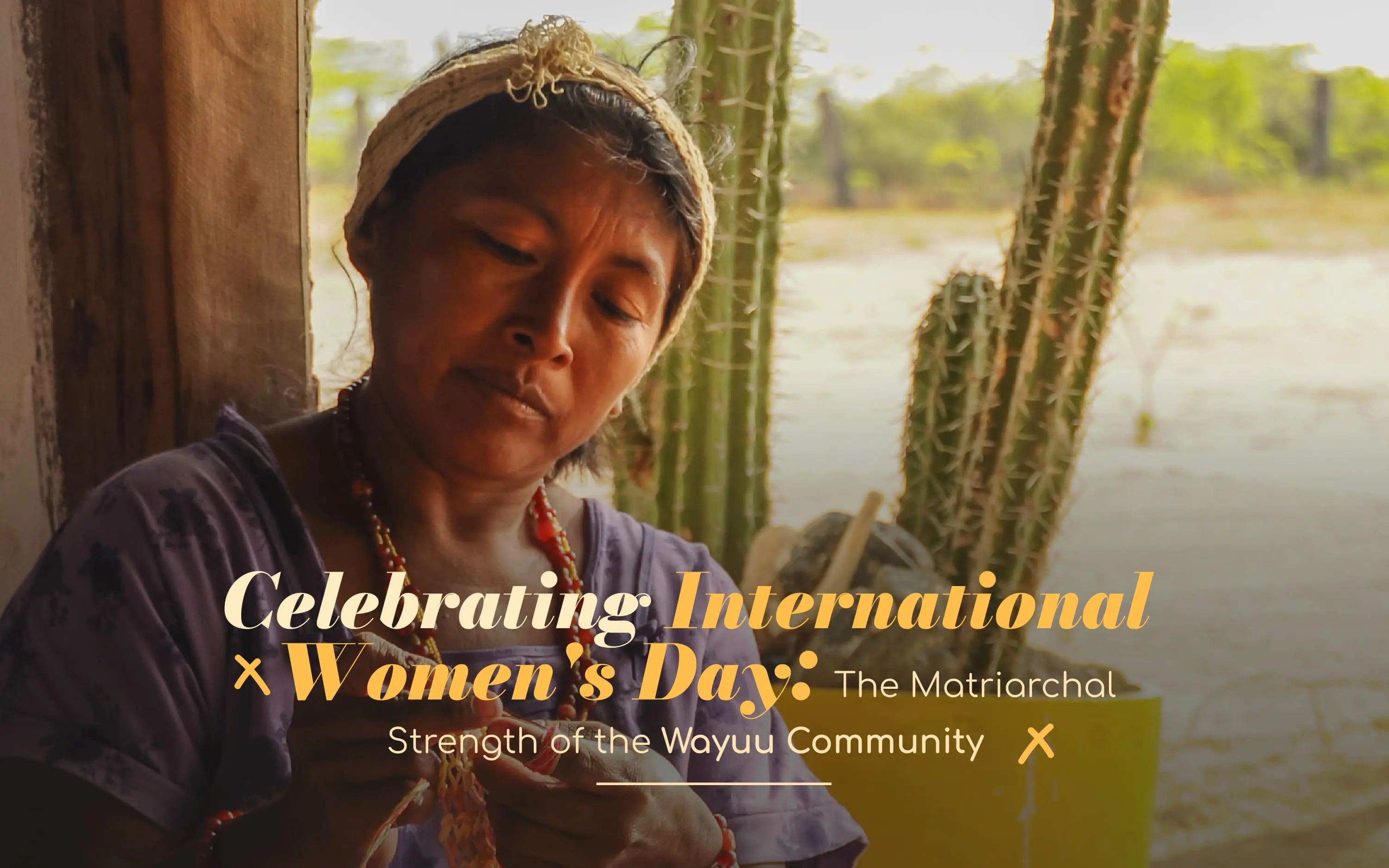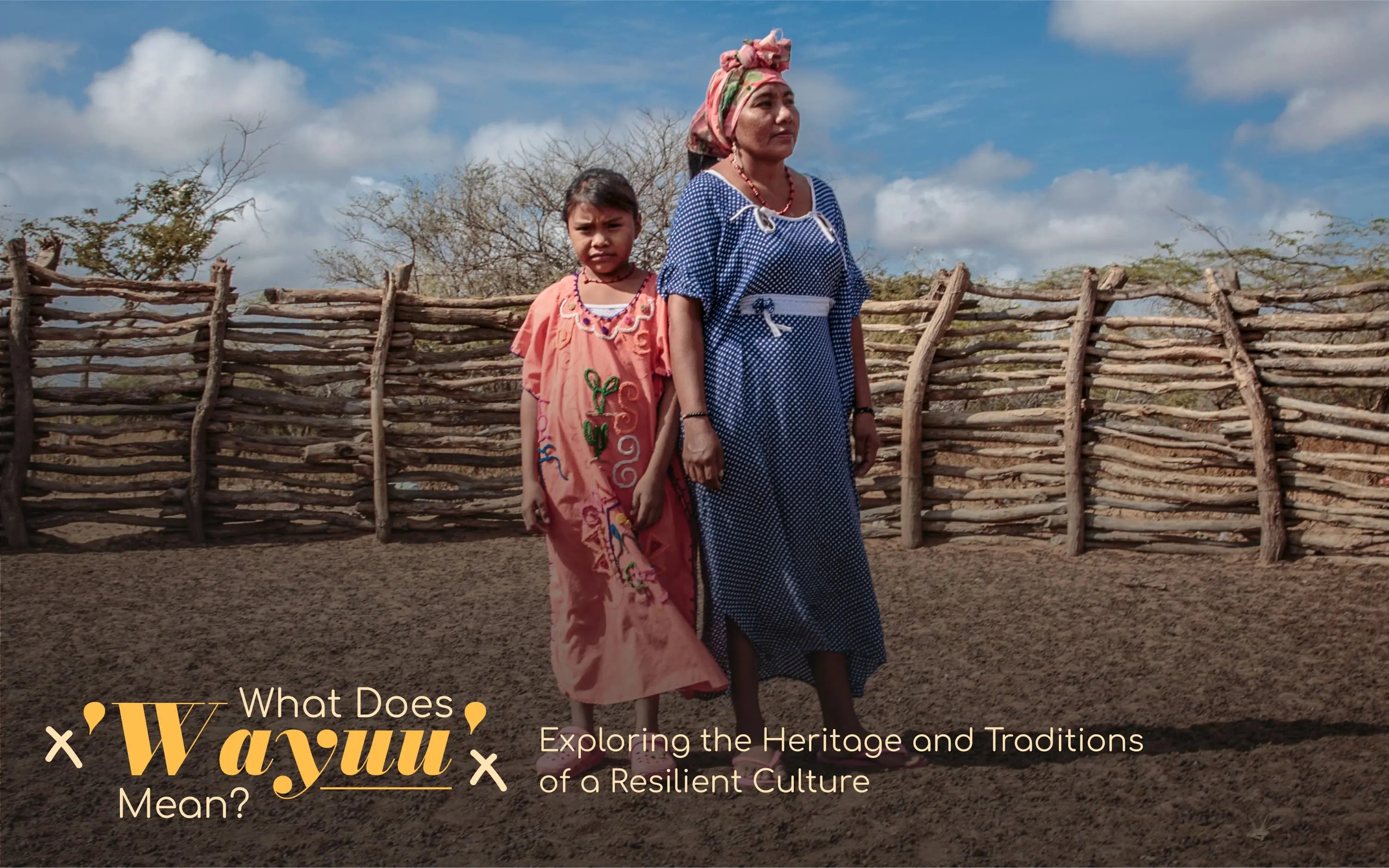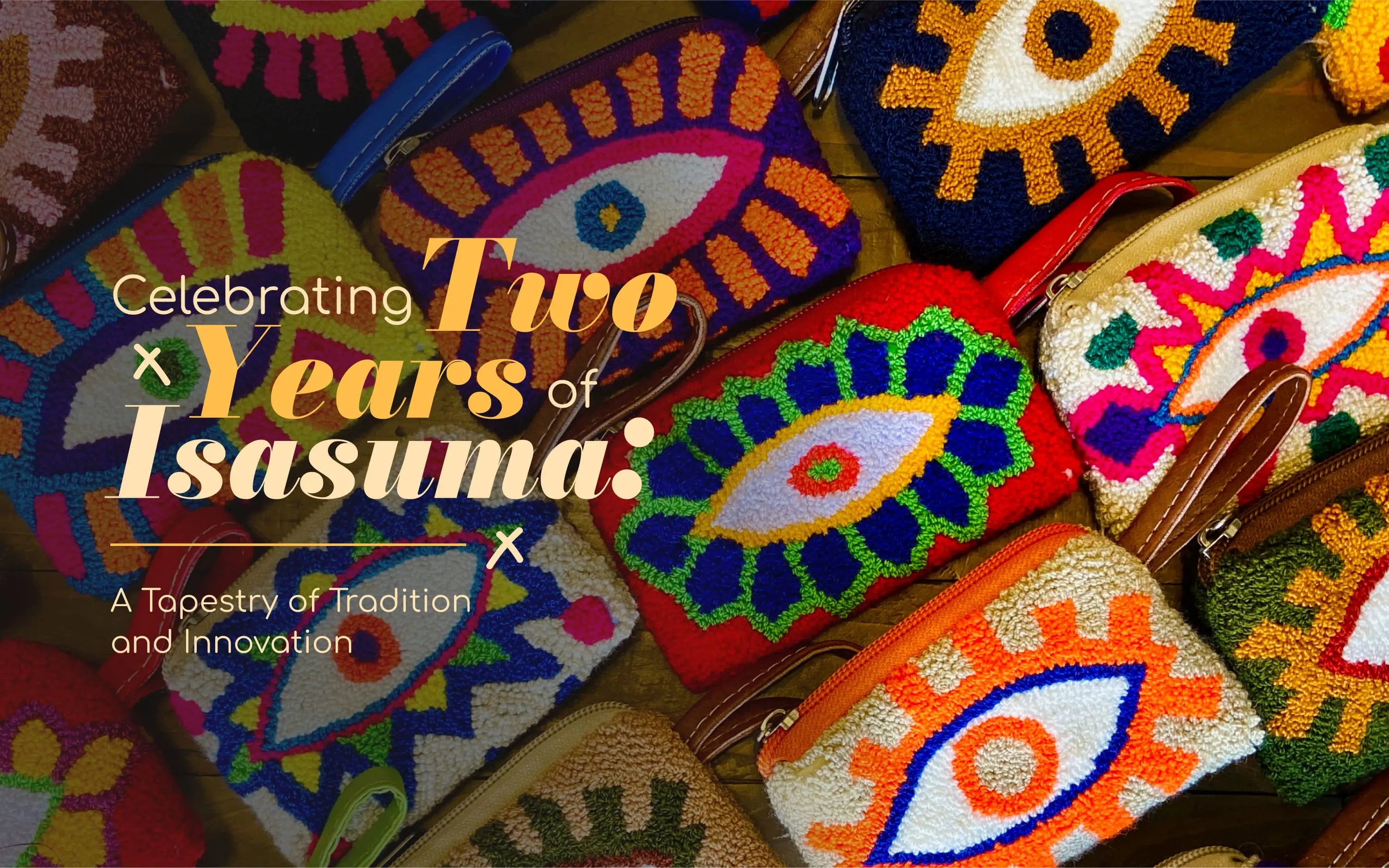In the arid landscapes of the Guajira Peninsula, where Colombia meets Venezuela, the Wayuu community thrives, deeply intertwined with the rhythms of nature. Their profound connection to the land is not only a cornerstone of their cultural identity but also a testament to their enduring commitment to environmental stewardship. As the world grapples with the challenges of sustainability, the Wayuu people offer valuable lessons in harmonizing human activity with the natural world.
Living in Harmony with Nature
For the Wayuu, life is a delicate dance with the environment. They have mastered the art of living in one of the most challenging climates on earth, where water is scarce, and the sun reigns supreme. Their traditional practices, from herding to weaving, are imbued with a deep respect for the natural resources that sustain them. This respect is reflected in their minimalistic lifestyle, which prioritizes necessity over excess, ensuring that their ecological footprint remains light.
Sustainable Practices in Weaving
The Wayuu are renowned for their intricate Mochilas Wayuu bags, a craft passed down through generations. These bags are more than just cultural symbols; they are a manifestation of sustainable practices. The Wayuu use natural fibers and dyes, ensuring that their weaving has minimal environmental impact. Moreover, the slow fashion inherent in their craft contrasts sharply with the fast-paced, waste-generating fashion industry, highlighting a path toward more sustainable consumer habits.
Water Conservation and Management
In the harsh desert environment of La Guajira, water is a precious commodity. The Wayuu have developed sophisticated methods for collecting, storing, and conserving water. Their traditional knowledge, which includes the construction of rainwater harvesting systems and the use of natural reservoirs, offers valuable insights into sustainable water management practices that can be adapted and applied in other arid regions around the world.
The Wayuu Diet: A Model of Low-Impact Living
The traditional Wayuu diet, based on locally sourced, seasonal foods, minimizes environmental impact. By relying on small-scale farming and herding, they ensure that their food production is sustainable and in harmony with the surrounding ecosystem. This approach to food, emphasizing local production and consumption, stands as a model for reducing the carbon footprint associated with food transport and industrial agriculture.
Cultural Preservation and Environmental Protection
For the Wayuu, cultural preservation and environmental protection are inextricably linked. Their rituals, stories, and daily practices all contain elements of respect for nature, teaching each generation the importance of living within the means of their environment. This integrated approach to culture and conservation is a powerful model for environmental stewardship, demonstrating how cultural traditions can contribute to sustainable living.
In a world increasingly aware of the need for sustainable living, the Wayuu community's practices offer valuable lessons. Their approach to life, characterized by respect for nature, sustainable resource use, and low-impact living, provides a roadmap for environmental stewardship. By looking to the Wayuu and other indigenous communities, we can find inspiration and guidance for creating a more sustainable, harmonious relationship with our planet.
